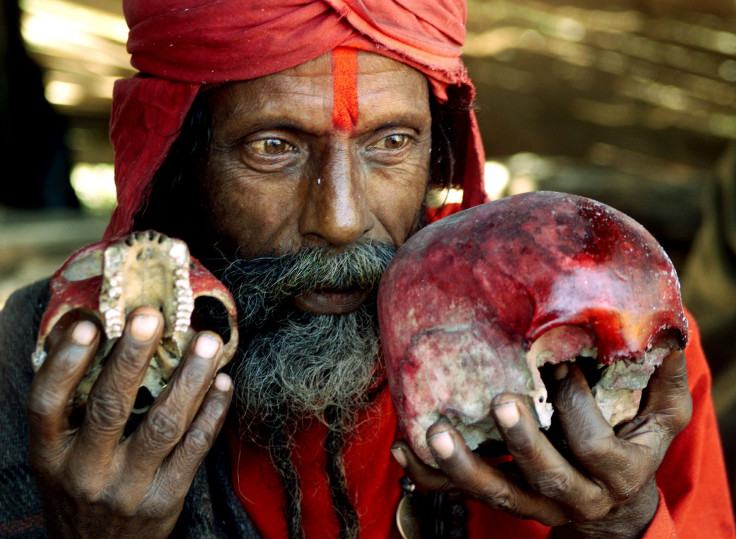Indian State Adopts Bill Against Superstition, Black Magic For The First Time After Anti-Superstition Activist’s Killing

For the first time in India, the western state of Maharashtra approved a bill to curb superstitious practices, four months after an activist, who led a campaign for such a law, was shot dead in the state.
The Black Magic Prevention and Prohibition of Exploiting Practices Bill, dubbed the anti-black magic bill, marks changing attitudes in India toward holy men who enjoy huge popularity and respect, and earn millions of rupees in return for promises of miracles and cures for illnesses. In August, anti-superstition activist Narendra Dabholkar, 71, who had campaigned for about 25 years for the law, was killed in the city of Pune in Maharashtra, after receiving death threats for encouraging people to be rational and secular.
“In a way, the law has brought a lot of attention to the issue of black magic and superstition. The legislation will act as a deterrent as those indulging in such practices will be afraid of making false claims, but we've paid a heavy price by way of Dr. Dabholkar’s life,” Deepak Girme of the Maharashtra Blind Faith Eradication Committee, a non-profit organization working to “cultivate scientific attitude and critical thinking,” told the Times of India.
The bill, which comes after decades of pressure from Dabholkar and other campaigners, has made several exemptions, which include consulting astrologers or palm readers, invoking ancient scriptures or fasting and other religious practices observed during the Muslim holy months.
The practice of consulting astrologers is widely practiced in India, including among the highly-educated middle class and the country's elite politicians, businessmen and Bollywood celebrities.
Coinciding with the assembly vote, six men were arrested on the outskirts of Mumbai, the capital city of Maharashtra, on Sunday night for beheading a 50-year-old woman in a ritual sacrifice, news reports said. The victim, who was looking for a miracle cure for her son, was killed on a visit to a holy man, whose followers beheaded her believing that it would cure their own illnesses.
The bill, subject to final approval by the state’s governor, does not allow complaints of superstitious practices from third parties and is limited in scope to only address complaints from victims or their families, news reports said. Anti-black magic campaigners said the provision heavily dilutes the bill, because the responsibility for reporting religious malpractices now lay on those who approach such practitioners looking for miracles.
“We are not fully satisfied with the legislation passed, but it is one step forward in our fight against superstition and black magic,” activist Nandkishor Talashilkar told the Times of India. “How will a family that volunteers to participate in such practices turn complainant against themselves?”
© Copyright IBTimes 2024. All rights reserved.












